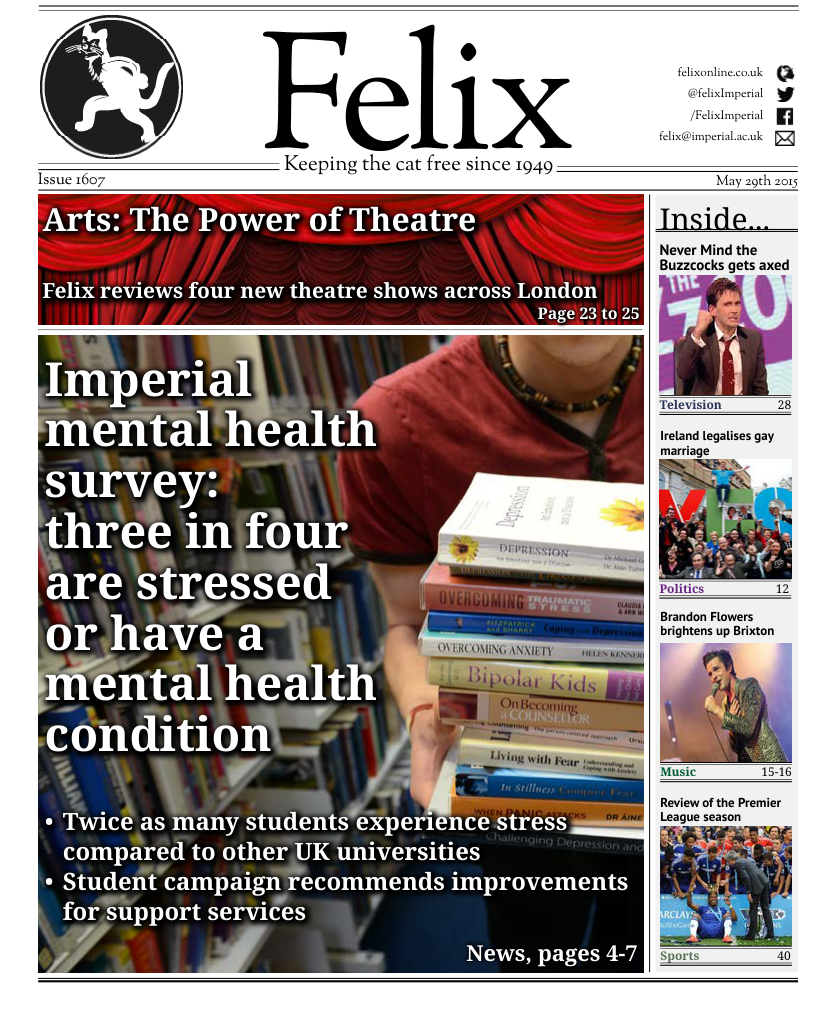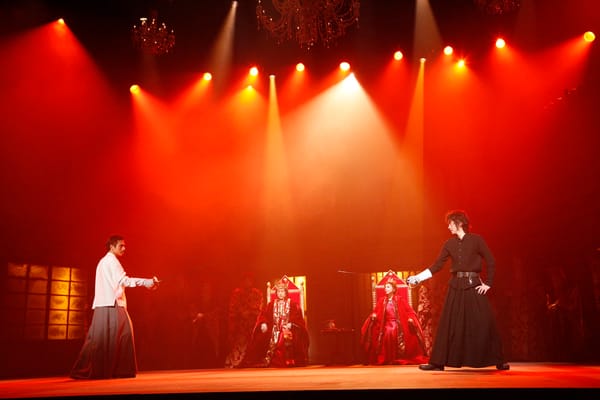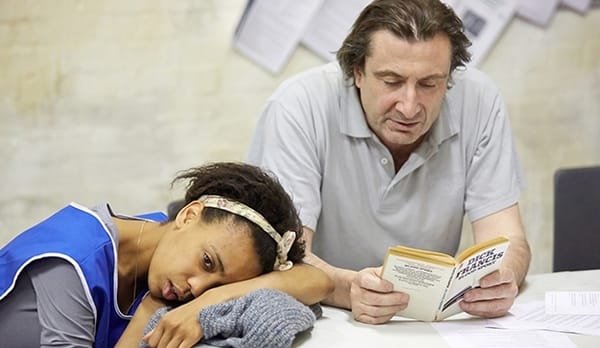The Siege: Violence in the Levant
Clara Clark Nevola checks out this Palestinian work
A politically engaged play in a small theatre in South London. There have been many of these and, in the glorious tradition of fringe theatre, there will be more; but The Siege at the Battersea Art Centre is something entirely different, unique even in London’s multifaceted subversive theatre scene. The Siege is a performance by the Freedom Theatre, a theatre company and acting school based on the West Bank, in Palestine. They operate from the Jenin Refugee camp, and they are on tour to the UK showing their newest production, the story of the siege of Bethlehem.
"The siege... was criticised internationally as a humanitarian crisis."
Based on interviews with the real-life Palestinian fighters who were present, The Siege tells the story of how the Church of the Nativity in Bethlehem, considered one of the holiest Christian sites, was in 2002 surrounded by Israeli troops for 39 days, besieging the fighters and many citizens who had taken refuge there, as well as the Franciscan monks who lived in the church’s monastery. The siege was carried out to capture the Palestinian militants, and was criticised internationally as a humanitarian crisis, since the hundreds of people within the church lacked food, water and sanitation for over a month. Some of the fighters and two civilians were shot during the siege, picked off by waiting snipers outside.
The Siege focuses on a small handful of Palestinian combatants, telling their story during the entrapment. The Israeli troops are represented only as a constant, oppressive threat – the bursts of machine gun fire and the megaphone messages instructing surrender. The throng of civilians, also invisible, is felt as a weighty responsibility, for whom the fighters have to provide by finding food and clean water. After all, as one of the fighters says, “Revolution is like a fish, and the people are its water” – without their support, the revolution is in vain. The fighters talk, while away the time, they worry about their loved ones, pine for good food. Their hope and resistance slowly gives way to doubt and despair as the food runs short, the death toll increases, and the situation shows no signs of changing. What can they do, alone and shut off from the world? Is their resistance in vain? Are they harming the people for whose homeland they fight? These questions hang heavy on them, and on the audience, broken by moments of temporary camaraderie, signing, and reveries of happier times. The first-hand account of the siege is frequently interrupted by an imaginary flash forward, in which an enthusiastic tour guide (the brilliant Ahmed Tobasi) shows tourists (the audience) round the Church of the Nativity, pointing out the cultural, historical and religious sites. These scenes are light relief for the audience from the AK47’s, shelling, and starvation of the main story, but also highlight the incongruity of the church’s role as a battleground.
"The play is biased, but it would be ridiculous to criticise it for being so."
The Freedom Theatre’s aim is to “generate cultural resistance”. Their work has a deep community effect by empowering a disenfranchised community, training women and young people as skilled actors, but their message is clear: theirs isn’t a happy-clappy alternative to resistance, this is a cultural, non-violent but forceful message of Palestinian legitimacy and resistance to the Israeli ‘occupation’. Their presence in the UK has been opposed by some, and the funding awarded to the theatre company by the Arts Council England has been criticised as a ‘pro-Palestinian’ move, the implication being that this play condones terrorist activity against the state of Israel. Knowing all this, I was ready for an interesting but tiring evening of angry propaganda. What I was wholly unprepared for is the artistic quality of The Siege. Whatever your opinions on the Israeli-Palestinian situation, The Siege is a play worth seeing, with a fantastic cast, evocative staging and a gripping and moving story to tell. Moments of comedy and tenderness alleviate a play that highlights the humanity of those involved in what is – to us – nothing more than a news flash. Of course the play is biased, but it would be ridiculous to criticise it for being so: it’s the story of Palestinian fighters during the siege of Bethlehem, told from their point of view. Their fears, their hopes, their insecurities, their pain. It speaks to an international audiences whose views have been polarised by more than half a century of conflict.
The Siege doesn’t enter into this quagmire of opposing opinions, but presents the views of some young men who fought for their concept of home, family and belonging. The deal which eventually ended the siege was a European-brokered settlement by which the Israeli troops lifted the siege and the Palestinian fighters were exiled to Gaza or a European country where, 13 years later, they still remain. The Siege leaves the limbo in which they live, and the home for which they fought for, as a heavy question mark above the audience. Never mind the politics, the rights and wrongs of international law, the legitimacy of one state against another – what about the actual people?
The Siege was on at the Battersea Arts Centre from 19th-23rd May.







